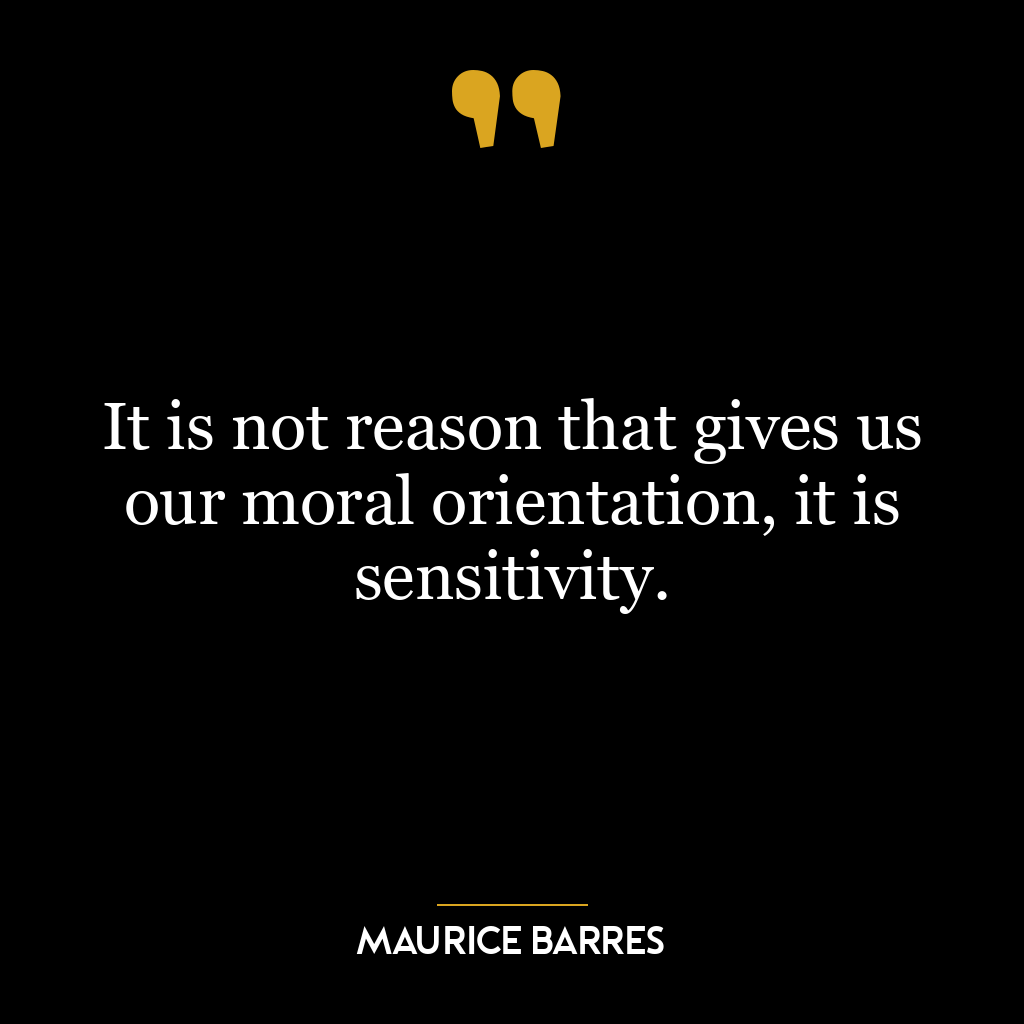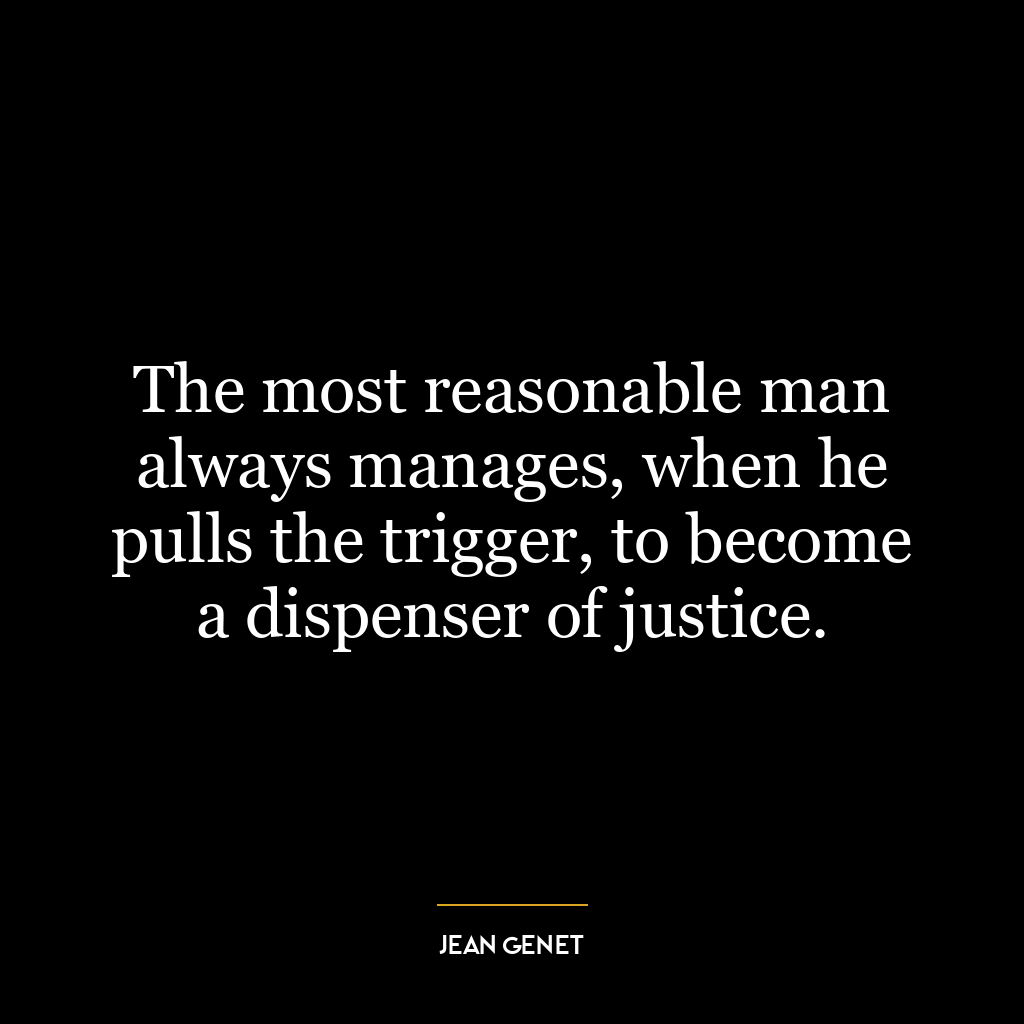This quote suggests that those who resort to loudness and authority to make their point are often lacking in the strength of their reasoning. It implies that the use of noise and command is a mask for weak arguments, as strong ideas should stand on their own merit without needing such tactics.
The ‘noise’ can be seen as shouting or anger, while ‘command’ can refer to using one’s position of power or status to enforce an argument. Both these methods are used when one cannot convince others through logic, reason or evidence.
In today’s world, this idea is extremely relevant in many areas including politics, business negotiations and even social media debates. Politicians may resort to inflammatory rhetoric instead of presenting sound policies; business leaders might use their authority to push through decisions without proper discussions; online trolls may shout down others instead of engaging in constructive conversations.
In terms of personal development, understanding this concept can help us become better communicators and decision-makers. It encourages us not just to listen to what is being said but also how it’s being said – if someone resorts to noise and command, we should question the strength of their argument.
Moreover, it teaches us about effective persuasion – that true influence comes from presenting strong arguments backed by reason rather than relying on volume or power status. This insight can lead us towards developing more patience, empathy and critical thinking skills in our interactions with others.











